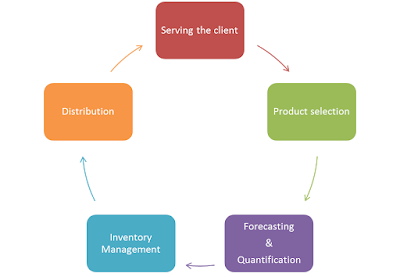Developing your training skills: The art of classroom management (Part 1)

Input from http://www.ascd.org/publications/educational-leadership/sept03/vol61/num01/The-Key-to-Classroom-Management
Whether in school or workplace, we all have to manage
people and that’s all classroom management is all about. Maybe it is often
associated with primary and secondary education but it is equally important in
workplace trainings. I think the word "lead" will be better.How do we
manage the training classroom environment with different personalities?
There are certain points for effective
trainer-participant relationships; in the field of education we will say
teacher-student relationship but since I’m referring to workplace learning, I
will use the trainer-participant relationship throughout this article.
Be professional in your interactions: It is absolutely perfect to be nice but you need to
ensure that you don’t compromise the trainer-participant relationship by being
unprofessional either in your behaviour, mannerisms and attitude. It will
affect their perception of you as a trainer.
Establish clear expectations and consequences: We need to set boundaries so that there is
orderliness. If clear expectations and consequences are not set, it leads to
chaos and eventually you will be blamed for poor management of the training
programme.
Establish clear learning goals: Be very clear and concise about what they will learn
during the training. State it at the beginning and don’t attempt to deviate
from it unless absolutely necessary. Always refer to the goals through the
training. You can do the same for each topic during the training. Writing the
goals on a flip chart and showing progress can be very helpful.
Exhibit assertive behaviour: Your body language is important. Trainers are
more like actors and newscasters. You have to look your best even if you have
had a bad night.
§ Be sure to maintain an erect posture
§ Maintain appropriate distance especially body
contacts; however remain very approachable.
§ Use an appropriate tone of voice and avoid display of
too much emotions. If you must show emotion, raise your pitch slightly but not
greatly
§ Don’t ignore an inappropriate behaviour
Appropriate levels of cooperation through flexible learning goals, personal interest in
the participant,
equitable and positive classroom behaviours and awareness of
high-needs participants. Watch out
for Part 2.


Comments
Post a Comment